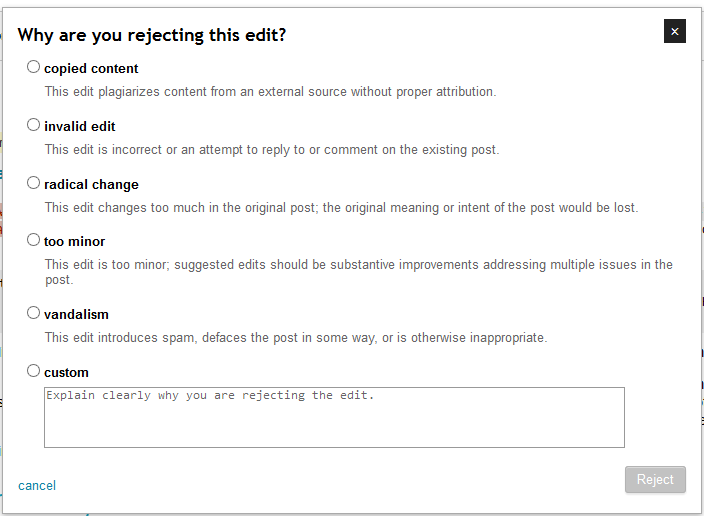I think that the rules of the road are pretty clear - help lays them out pretty clearly but then there's more.
One of the nice things about the SE ecosystem is we have a source of clear, low noise information on the topics that sites are about. A lot of the 'agressiveness' and evolution of community norms - or as you call them 'hidden rules of the road' are aimed at that.
I'm a low reputation user on AU (yes, I am trying to fix that!), but I'm pretty familiar with stack-exchange community culture. Allowing community edits of your questions allows for a few things - we can fix up links even when the OP is long gone, fix language and grammar, especially for ESL speakers and so on.
If your reputation is low enough to suggest an edit, your edit is reviewed by two users with enough reputation to do an edit on their own, and they can improve, and mark your edit as being helpful or not - so there's oversight.
Here's what I see on the SU suggested edits

Lets say you're unhappy with parts of an edit. You feel that it has fundamentally changed your answer and is complete and utter garbage, unworthy of a review audit, you can roll it back, or better yet, take the aspects that work for you and refine your answer further. If you find you're in a rollback war, then custom flag it (or get on chat and ask a mod). We expect edits to make questions better, and thats probably what a new user would notice.
I personally choose to comment when I feel a question needs substantial changes or additional information, rather than make major changes (and yes, I have argued with one of the site founders over this) .
In short its a system that works pretty well once you think about it, cand get used to the way we do things. Its one of the things that makes SE a great source of information.



